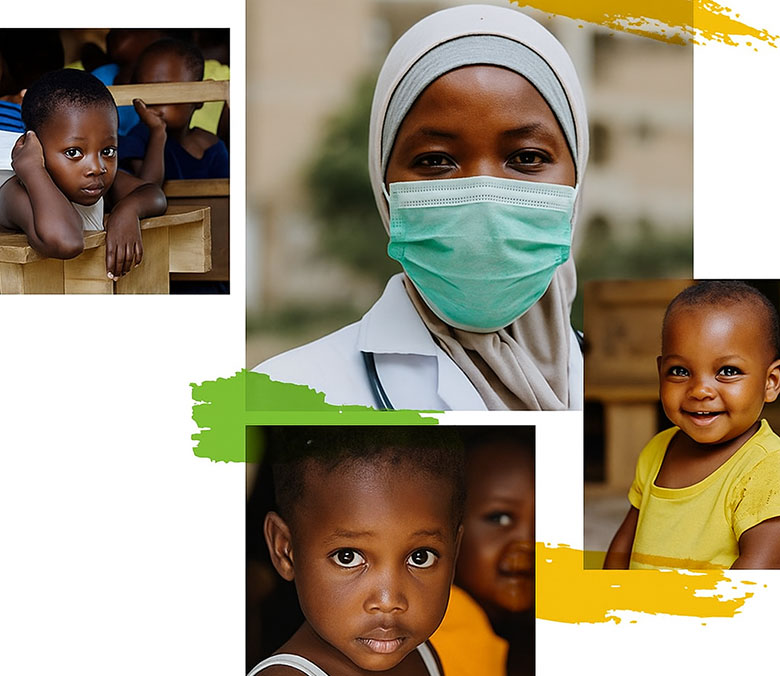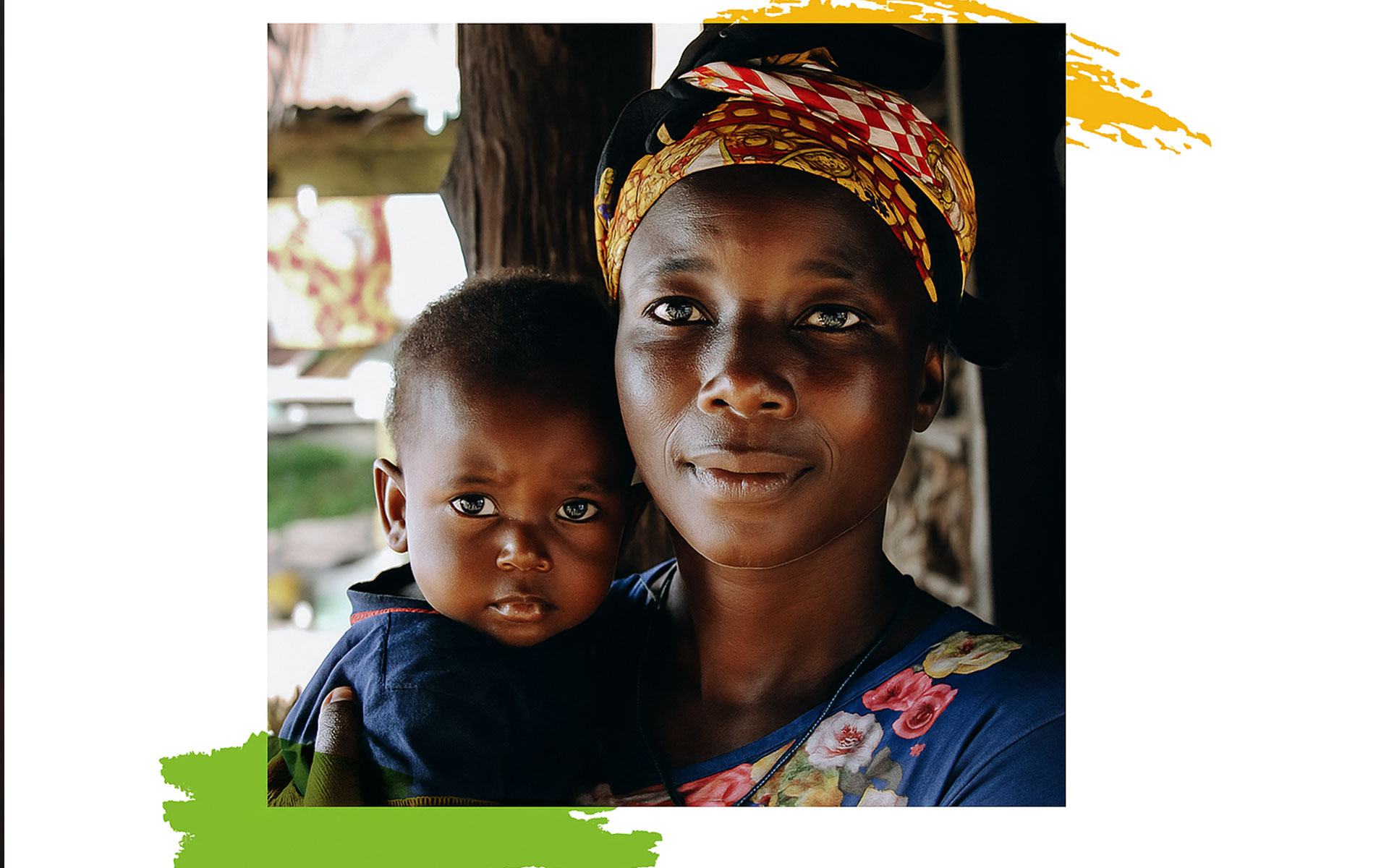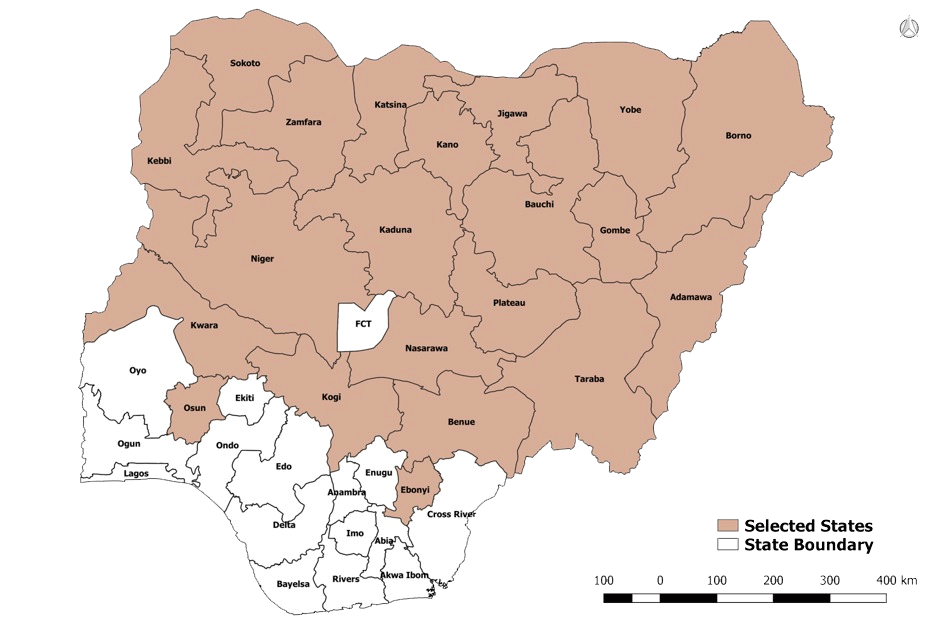Safeguards

The Accelerating Nutrition Results in Nigeria (ANRiN) Project 2.0 is committed to ensuring its activities are implemented responsibly, minimising potential adverse impacts on communities and the environment. The project adheres to robust social and environmental safeguards to promote sustainable and inclusive development.
Social Safeguards
ANRiN 2.0 incorporates social safeguards to address potential risks and ensure equitable benefits for all stakeholders, particularly vulnerable populations. A key component of these safeguards is the Grievance Redress Mechanism (GRM), which provides a structured process for individuals and communities to raise concerns or complaints related to project activities. The GRM is designed to be accessible, transparent, and responsive, allowing for timely resolution of issues. Stakeholders can submit grievances through multiple channels, including local project offices or designated contact points, ensuring inclusivity for those in remote or underserved areas.
These measures help mitigate social risks, such as exclusion or unintended negative impacts on marginalised groups, and foster trust between the project and the communities it serves.


Environmental Safeguards
The project integrates environmental safeguards to minimize ecological impacts and promote sustainable practices. ANRiN 2.0 ensures that its interventions, such as the establishment of homestead gardens and demonstration farms, are designed to avoid environmental degradation. This includes promoting climate-resilient crops and sustainable agricultural techniques that reduce pressure on natural resources and enhance resilience to climate change.
By aligning activities with environmentally sound practices, the project contributes to long-term ecological sustainability while addressing nutrition and food security challenges.
